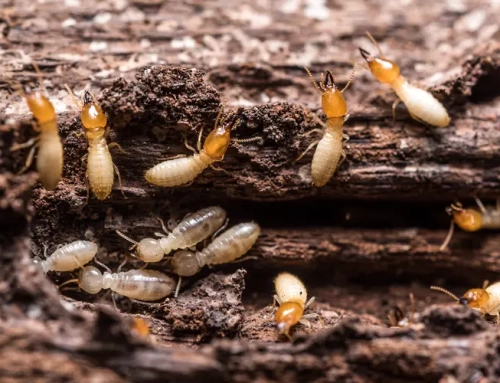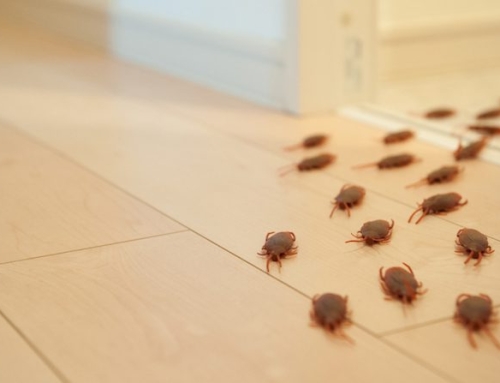Recently, we’ve been getting crazy amounts of calls about a large influx of black widow spiders within our Okanagan region. While these spiders are not aggressive (and they ultimately avoid confrontation), they will bite if they feel threatened or to protect their eggs. These spiders enjoy hanging out in shady areas such as wood piles, in basements/crawl spaces, barbeque grills, in outdoor sheds or in the garage.
If you suspect black widows in or around your property, we encourage you to have the area treated by a pest control professional! While their bites do not produce severe symptoms in most cases, pain will be sharp, and should a severe reaction occur it is guaranteed to be quite unpleasant. Notably, bites in babies and children are generally more severe.
Pest Control Canada suggests using caution and wearing leather gloves when working in dark, shady spaces such as your basement or tool sheds, as a precaution.
How to spot black widow spiders?
Female black widows are long-legged, shiny, coal-black spiders with an orange, red, or yellow shape on their underside. This marking usually looks like an hourglass but may be another shape. Female black widows tend to be about 3.8 cm (1.5 in.) long, but can be smaller.
What are the signs and symptoms of a black widow spider bite?
In most cases, symptoms consist only of:
- Minimal to sharp pain followed by swelling and redness at the site of the bite.
- One or two small fang marks like tiny red spots.
More severe symptoms, that appear within 30 to 60 minutes, include:
- Muscle cramps and spasms that start near the bite and then spread and increase in severity for 6 to 12 hours.
- Chills, fever, nausea, or vomiting.
- Sweating.
- Severe belly, back, or chest pain.
- Headache.
- Stupor, restlessness, or shock.
- Severe high blood pressure.
What should I do if a black widow spider bites me?
- Get medical help immediately. Call your doctor, hospital, pest control professional or poison control centre.
- Remain calm. Too much excitement or movement will increase the flow of venom into the blood.
- Apply ice to the bite area.
- Do not apply a tourniquet. It may cause more harm than benefit.
- Try to positively identify the spider or catch it to confirm its type.
For more HealthLink BC details on black widows and black widow bites, visit http://www.healthlinkbc.ca/
If you are experiencing a black widow outside of your nightmares, give us a call.










